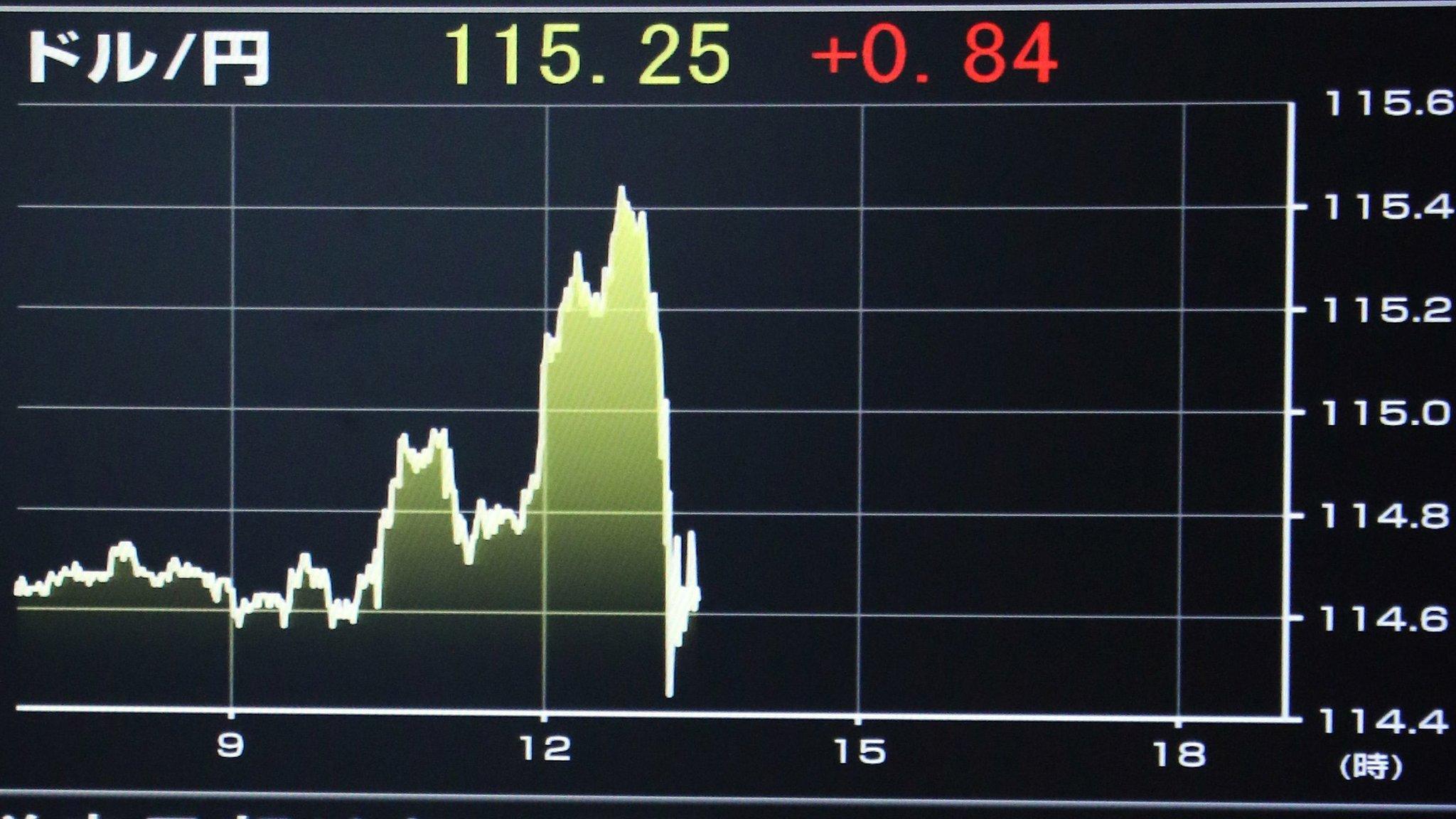Bank of England liquidity auctions probed by fraud office
- Published
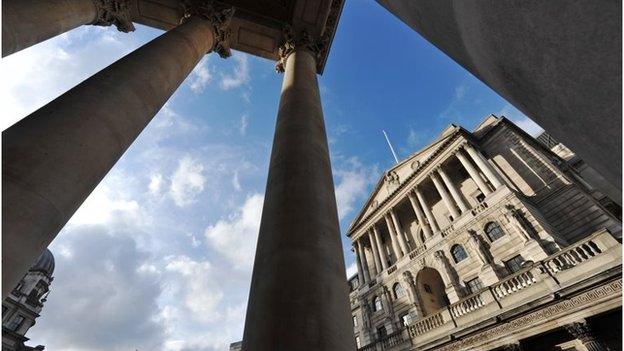
The Serious Fraud Office (SFO) is investigating the way the Bank of England lent money to banks during the financial crisis, the Bank has said.
The Bank commissioned its own inquiry last year, then referred the matter to the SFO.
Liquidity auctions enabled banks to access extra cash during the credit crunch that followed the collapse of Northern Rock, external.
The Bank confirmed, external the investigation but would not comment further.
The Financial Times reported in November, external that the Bank was investigating whether staff knew or assisted in possible manipulation of auctions it held in 2007 and 2008.

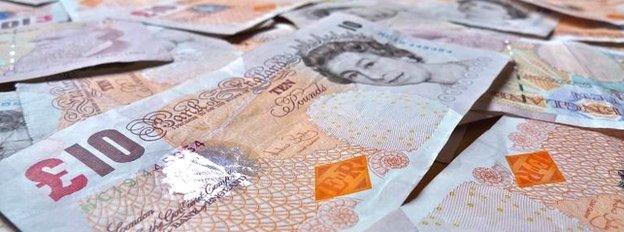
What are liquidity auctions?
Liquidity means ready access to cash. Banks have to juggle the amount they lend out in the form of personal loans and mortgages, and the amount they receive in the form of cash deposits.
If everybody suddenly wants to take their money out - as can happen when they fear a bank is going bust - finding enough cash quickly to meet those liabilities can be difficult.
So one of the roles of a central bank, like the Bank of England, is to provide "liquidity insurance, external" - access to that ready cash.
Banks can bid for this cash in different types of auction run by the Bank, depending on how long they need the money for and how much collateral they can put up against the loans.

The Bank has now confirmed it appointed Lord Grabiner QC, a senior barrister, to conduct an independent inquiry into the liquidity auctions.
It said it referred the matter to the SFO "following the conclusion of that initial inquiry" in November.
Collateral damage
As the financial crisis bit in 2007, the Bank launched a new type of liquidity auction - called long-term repo open market operations - whereby banks were allowed to put up a wider range of assets as collateral against the three-month loans.
These assets included government bonds and mortgage-backed debt securities.
But it was the inability of the credit agencies to assess correctly the riskiness of such mortgage-backed securities that contributed to the financial crisis following the collapse of the US property market.
The exact focus of the SFO investigation is unknown, but BBC business editor Kamal Ahmed believes it may want to find out whether the banks exaggerated the value of such collateral to makes themselves look stronger, with or without the knowledge of Bank of England officials.
The Bank says the size of these "extended collateral" operations peaked at £180bn in January 2009.
Then in April 2008, the Bank launched its Special Liquidity Scheme, whereby banks could swap "high quality" mortgage-backed and other securities for UK Treasury bills - a scheme that saw £185bn change hands.
The Bank closed the Special Liquidity Scheme in January 2009.
'Sooner the better'
Andrew Tyrie MP, chairman of the House of Commons Treasury Select Committee, said that the referral was the "right thing to do".
"We must now await the outcome of the SFO's work," he said. "The sooner their findings are published, the better."
The SFO simply confirmed it was "investigating material referred to it by the Bank of England concerning liquidity auctions" in 2007 and 2008.

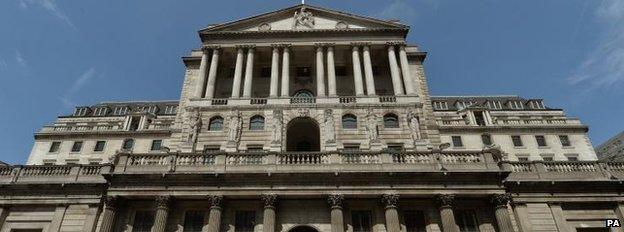
Analysis: Robert Peston, BBC economics editor
As I understand it, the SFO is looking at potential malpractice by the staff of our commercial banks, but has not ruled out that there may have been collusion by Bank of England staff.
Now the encouraging news is that the Bank is not taking disciplinary action against those who currently work for it. But it can't be confident that the SFO will not find evidence of wrongdoing by present and past employees.
Anyway, one important point is that as and when the SFO's enquiries are complete, it really matters that the Bank of England is as transparent as it can be about what happened, so that UK citizens - as owners of the Bank - can be certain that sunlight has cleansed it.

Lord Grabiner previously led an investigation in March 2014 over whether Bank staff had played any part in foreign exchange [FX] rate manipulation.
He concluded, external: "I have found no evidence to suggest that any Bank official was involved in any unlawful or improper behaviour in the FX market."
Earlier this week the Bank's governor, Mark Carney, declined to comment when MPs asked him about the liquidity auctions investigation.
- Published5 March 2015
- Published12 March 2014
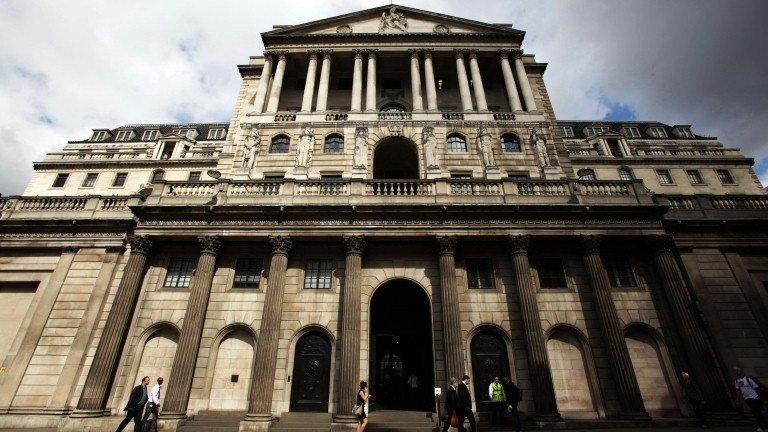
- Published20 May 2015
